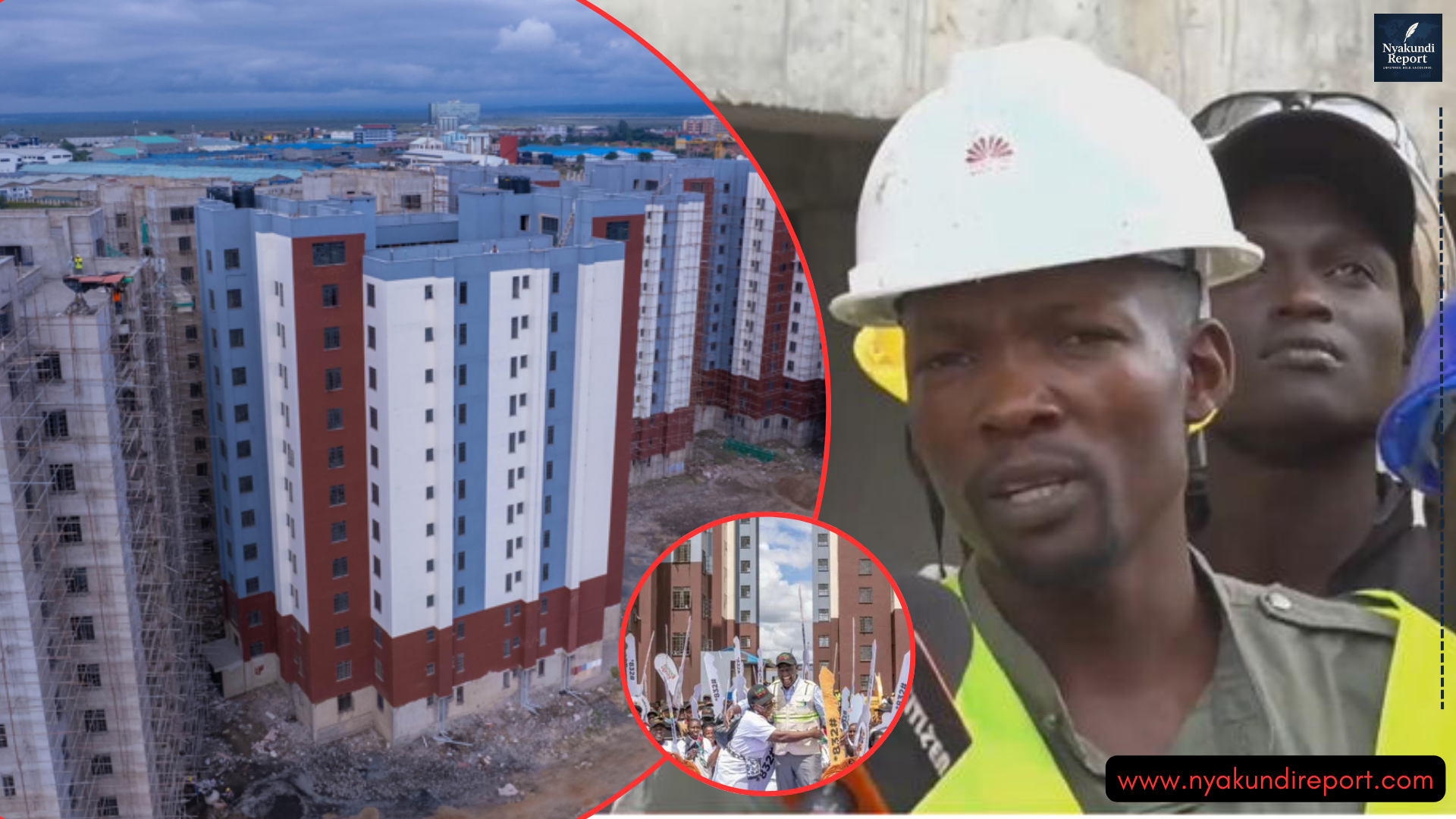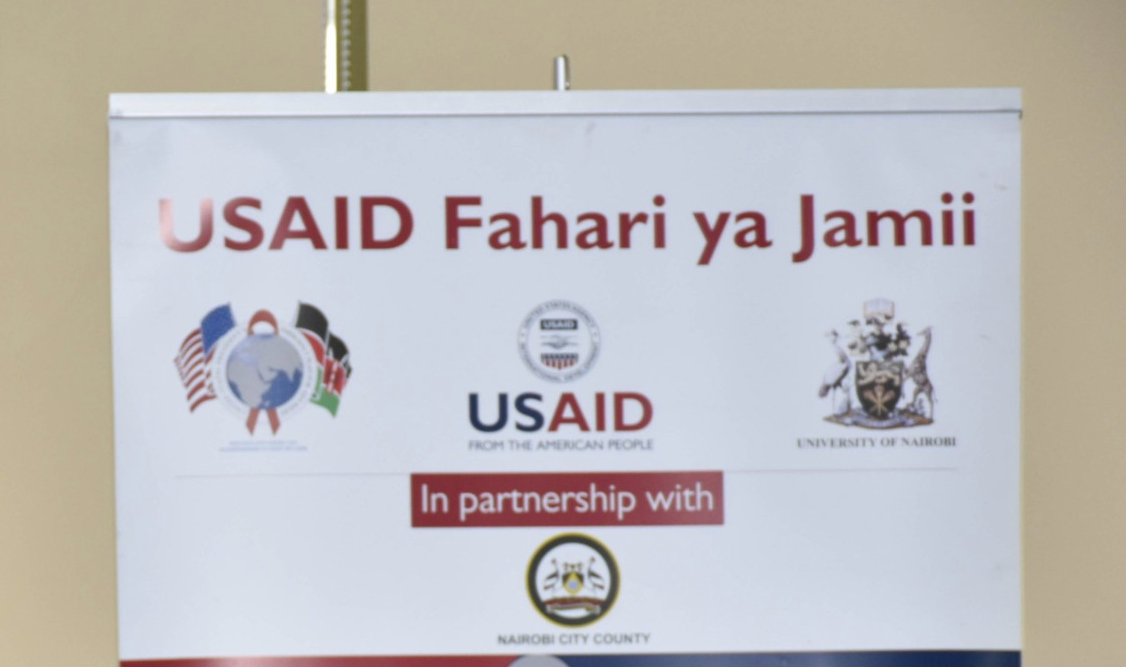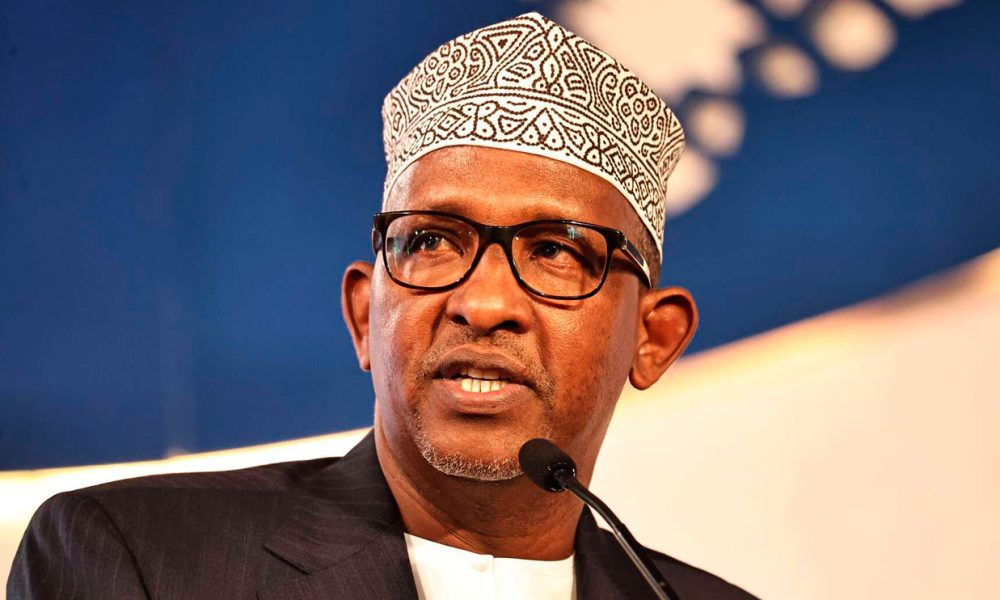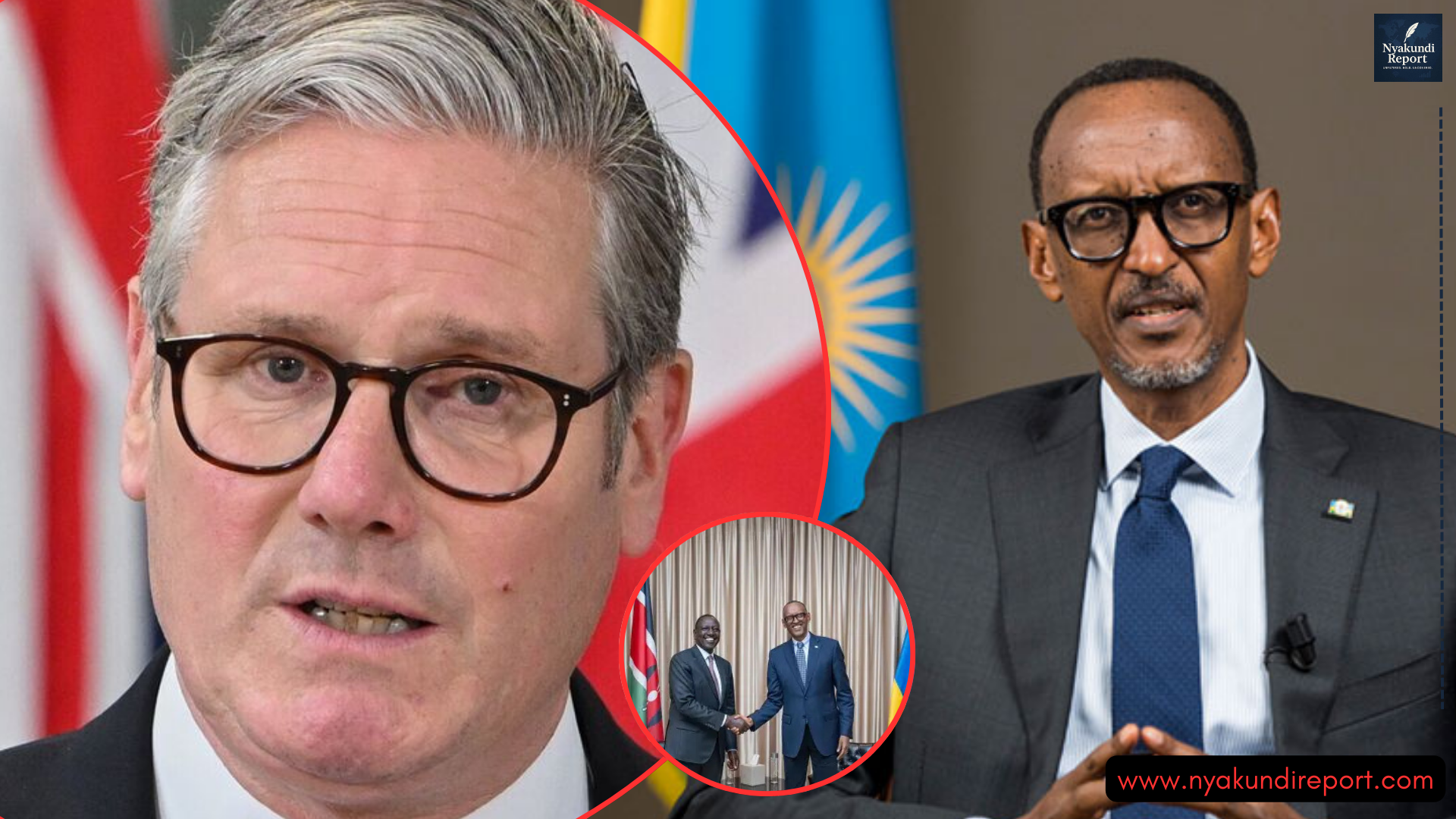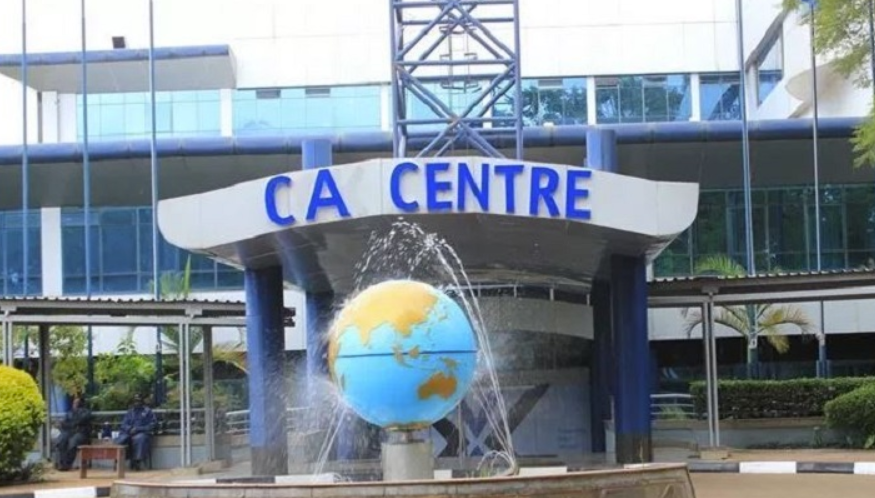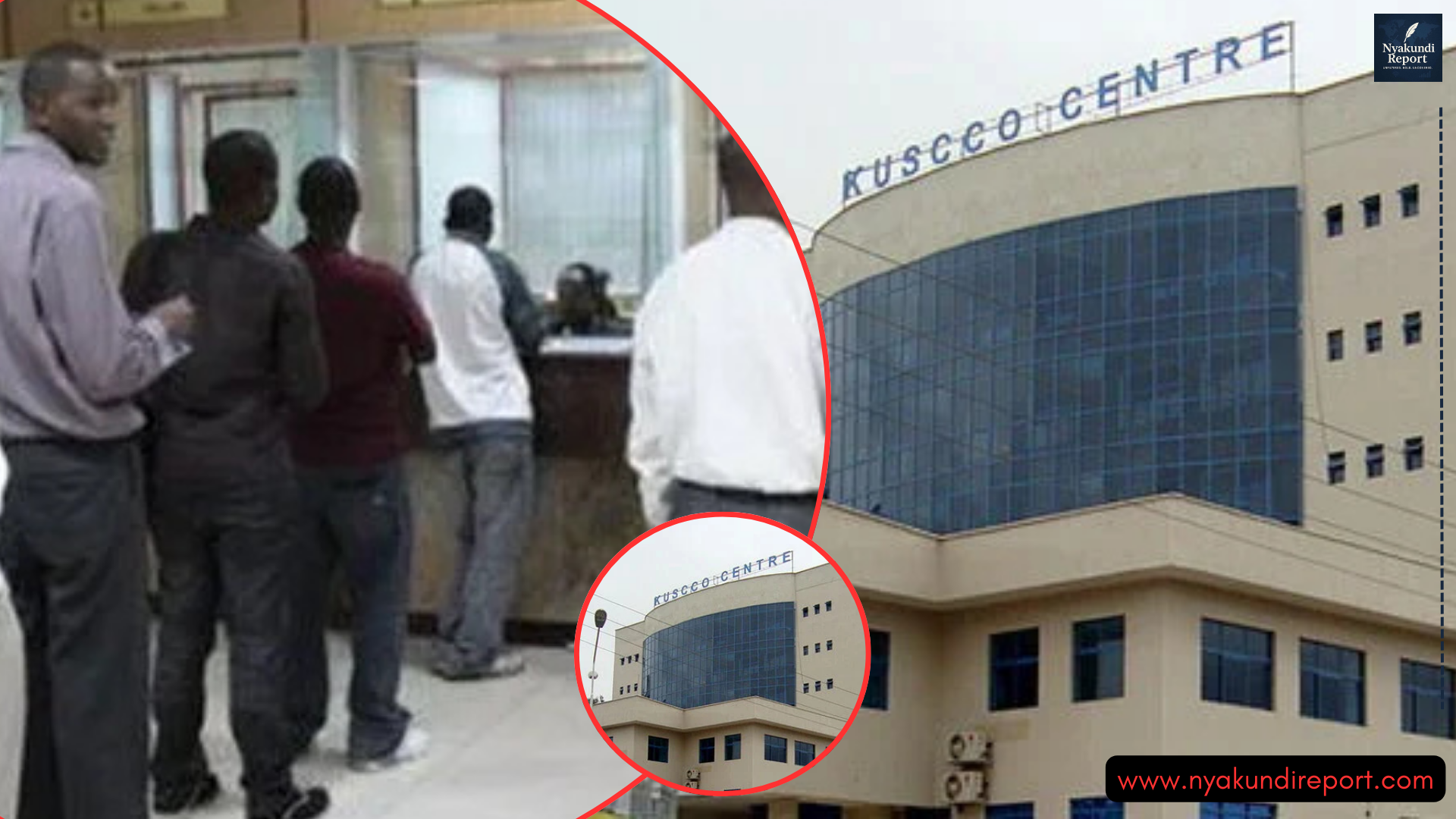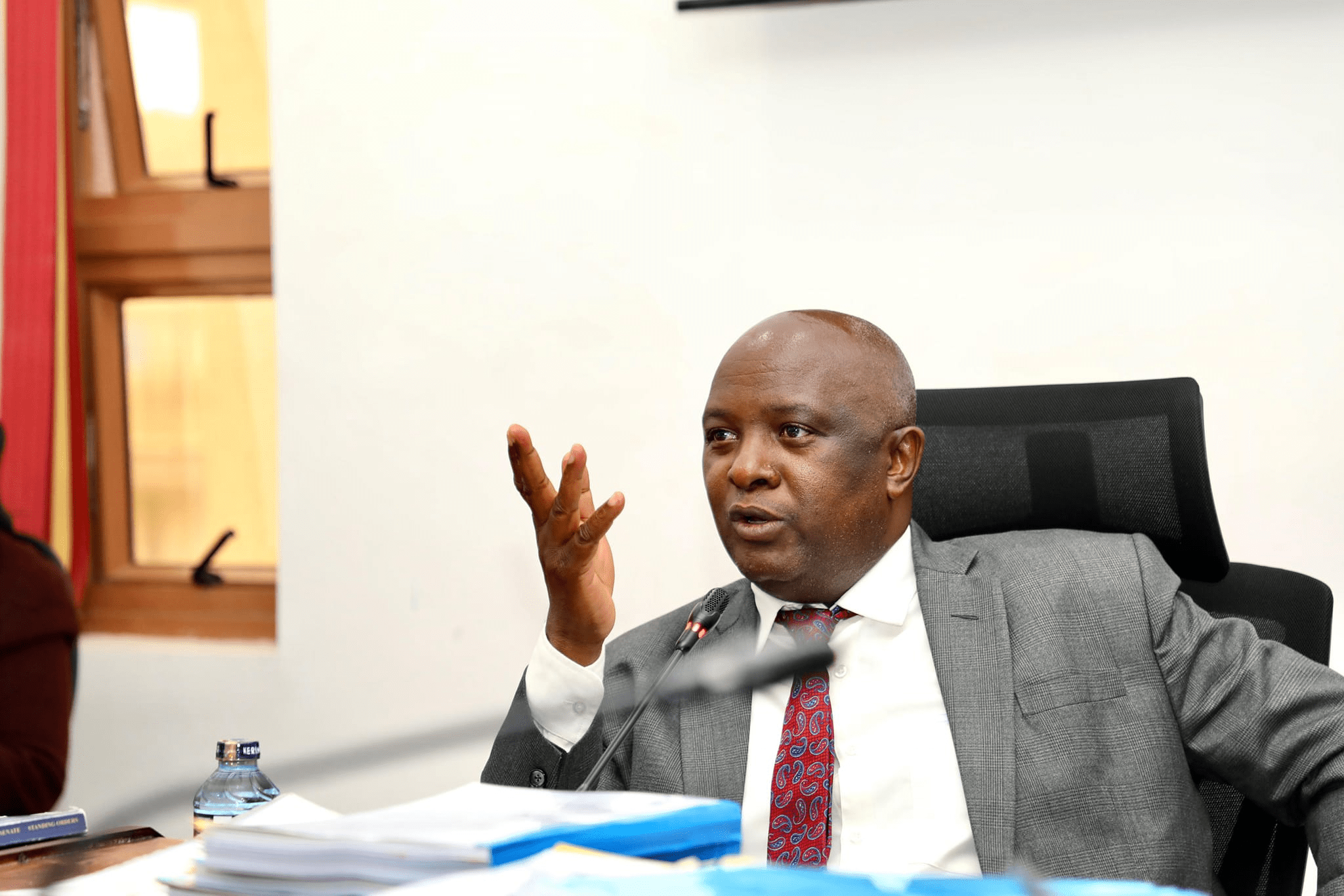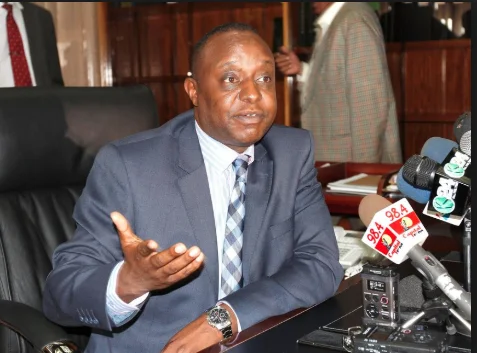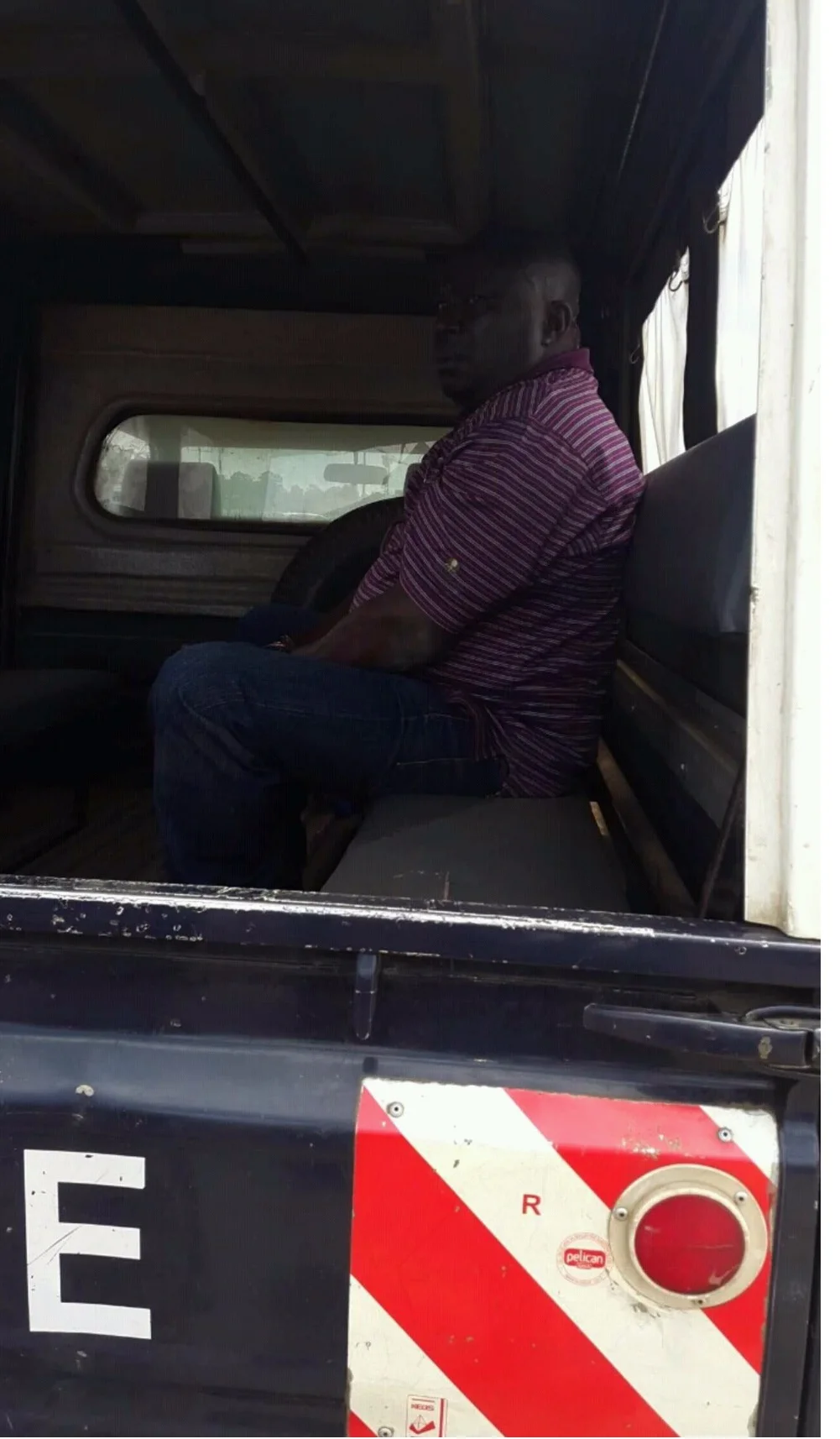Insiders within Kenya’s diplomatic mission in Stockholm have outlined a deepening crisis at the embassy, detailing abuse of domestic staff, diversion of pay, and a protective ring around mission leadership that has stalled accountability and muted internal complaints.
Reports from within the mission describe an atmosphere marked by fear and intimidation, where two chefs employed at the residence of an ambassador recount being subjected to physical assaults and financial exploitation over an extended period.

One of the two staff members returned to Nairobi after enduring violence, while the other managed to escape recently, reported the matter to Swedish authorities, and has now sought asylum in that country.
Their experiences point to a pattern in which employees at the mission were not only mistreated but allegedly deprived of wages that were instead appropriated by their employer.
Embassy staff describe a workplace where reporting misconduct was regarded as a risk, as efforts to speak out were obstructed by the ambassador’s connections within Kenya’s Ministry of Foreign Affairs.
It has since emerged that the official at the center of the accusations is Ambassador Angeline Kavindu Musili, who has been in charge of Kenya’s mission in Sweden.
The gravity of the allegations has drawn the attention of Sweden’s Ministry of Foreign Affairs, which summoned her to respond.
Rather than directly addressing the accusations of abuse and misappropriation, she has attempted to recast herself as a target of orchestrated victimization.
This strategy, according to those familiar with the case, has diverted the narrative away from the testimony of the victims while leaving unresolved questions about how Kenyan authorities intend to handle the matter.
The Foreign Affairs office in Nairobi was reportedly informed about the situation well before the recent developments, yet no formal action was initiated.
That silence has deepened the sense among staff that influence and protection at the top levels of government have insulated the ambassador, leaving those who suffered under her treatment without redress.
What has come to light suggests not an isolated incident, but a culture of impunity that emboldens misconduct and undermines institutional accountability.
With victims now willing to be contacted and their testimonies available for verification, the matter extends beyond personal grievances and speaks to the credibility of Kenya’s diplomatic service abroad.
The unfolding events in Stockholm expose fissures not only in the leadership of a single mission but also in the structures meant to safeguard both employees and the reputation of the state they represent.
For many observing from within, the unanswered question is whether the voices of the abused will be heard above the protective shield surrounding those in positions of power.
“Dear Cyprian. I am sharing this anonymously!! Two domestic staff members employed as chefs at the Kenyan Embassy in Sweden have come forward with shocking allegations of abuse at the hands of Ambassador Angelina. One of the workers fled back to Kenya after enduring assaults, while the second recently escaped, reported the abuse to Swedish police, and is now seeking asylum. Beyond the assaults, the ambassador is also accused of pocketing the staff members’ salaries during their employment. Other embassy staff have raised complaints about her conduct, but evidence suggests she is being shielded by powerful figures within Kenya’s Ministry of Foreign Affairs. The Swedish Ministry of Foreign Affairs has already summoned Ambassador Angelina. Instead of addressing the allegations, she is attempting to cast herself as a victim. Meanwhile, Kenya’s Foreign Affairs office was alerted to the situation earlier but has taken no action. These allegations reveal a disturbing pattern of abuse, misconduct, and potential financial impropriety, raising urgent questions about accountability at the highest diplomatic levels. The victims’ accounts and contact details are available for verification. This matter demands immediate investigation and public scrutiny.”
We will continue to pursue every lead that sheds light on the ordeals of those who served at the mission, drawing from testimonies, official correspondence, and government responses to piece together the full extent of what unfolded behind closed doors.
Are you a current or former staff member with knowledge of this matter, or do you have information that can help us deepen our reporting?
You can reach out to our investigative desk through our secure channels or contact us directly via our social media platforms, where our editorial team is available to receive confidential accounts, supporting documents, and any details that will further light on the conditions at the mission, the structures that enabled them, and the broader implications for the country’s diplomatic service abroad.

